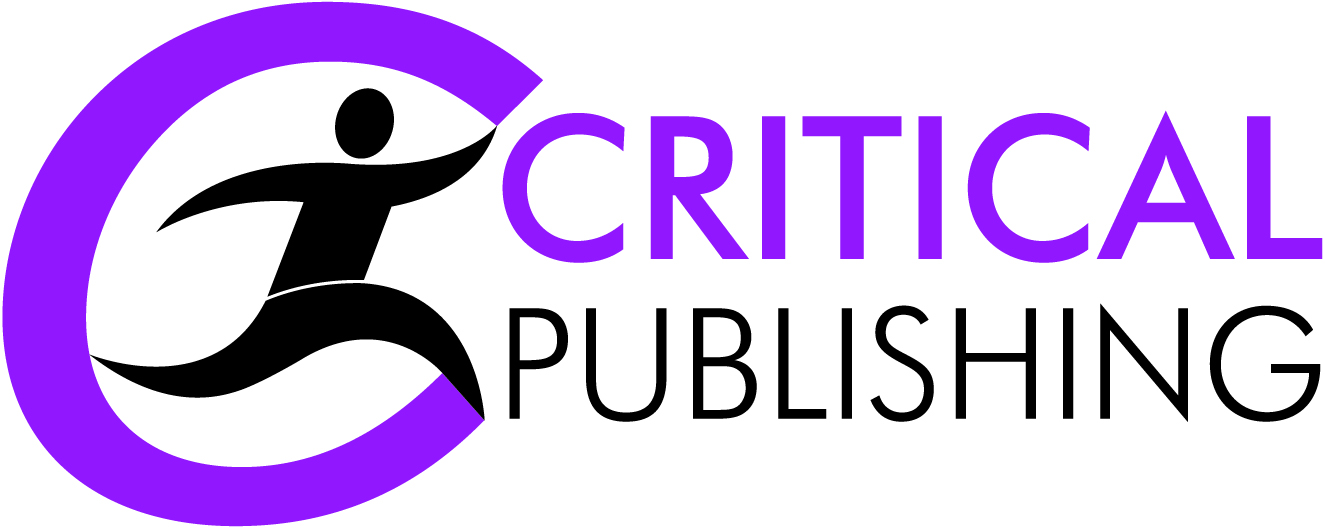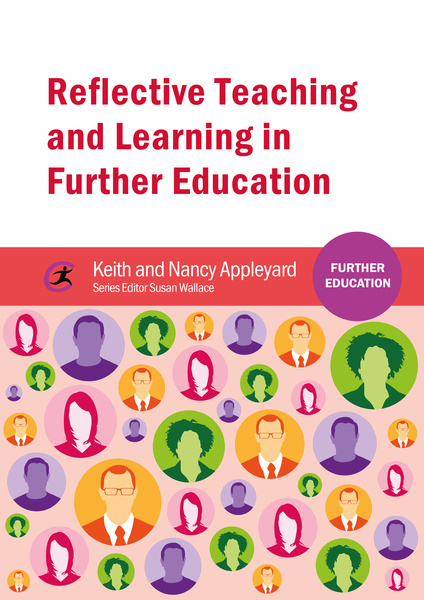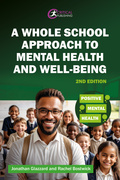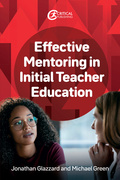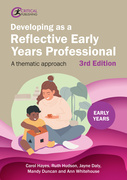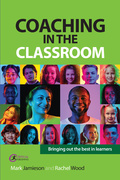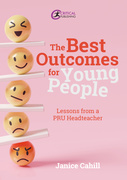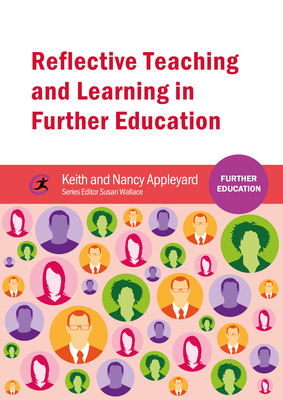
New Sample Added
Recommend this title Review this book
Tags: Education, Further Education
Discounts are available for bulk orders. More details
Reflective Teaching and Learning in Further Education
AUTHOR : By Keith Appleyard and Nancy Appleyard Edited by Susan Wallace
ISBN : 9781909682856
Publication : May 29, 2015
Extent : 152 pgs
ISBN : 9781909682870
Publication : May 29, 2015
Extent : 152 pgs
ISBN : 9781909682863
Publication : May 29, 2015
Extent : 152 pgs
ISBN : 9781909682887
Publication : May 29, 2015
Extent : 152 pgs
Description
This book looks at critical reflection as a key skill for all teachers in further education (FE) and an important part of the new Professional Standards. In particular the text explores the key themes of self-awareness, planning, managing behaviour and CPD in relation to reflective practice to demonstrate how it can support those areas of teaching that most often cause concern. The limitations and benefits of reflection are analysed and action research is identified as an important facet in developing professional reflective practice which can in turn enhance both the personal and professional life of FE teachers.
Contents
1 Introduction
Part 1: A first look at reflective practice
2. Character, process and key features of reflective practice
Part 2: Reflective practice in action
3. Reflective practice and self-awareness
4. Reflective practice in planning and organising
5. Reflective practice in communicating and managing behaviour
6. Reflective practice and CPD
Part 3: Moving forward
7. Reflective practice: a deeper understanding
8. Benefits and limitations of reflective practice
9. A new understanding – action research
10. Conclusion
Author
Susan Wallace is Emeritus Professor of Education at Nottingham Trent University where, for many years, part of her role was to support learning on the initial training courses for teachers in the FE sector. She has researched and published extensively on education, training and management of behaviour, and is a popular keynote speaker at conferences. Her particular interests are in mentoring and the motivation and behaviour of students.
Keith Appleyard has worked within the post-16 sector since 1978 as a lecturer, college senior manager and teacher trainer. Over a 20-year period he was a tutor and course leader for PGCE/Cert Ed programmes at Lincoln College, and a tutor on these programmes at Nottingham Trent University. He has worked as an OFSTED inspector and for 7 years as an ITT reviewer for Standards Verification UK. Presently he is a consultant for LSIS.
Nancy Appleyard began herworking life in the insurance industry, becoming a partner in a General Insurance brokerage. In the early 90’s she took a career change and taught Communication Studies at Lincoln College for 10 years. Since 2001 she has designed and delivered more wide-ranging and flexible communication and personal development programmes for Grantham College and the wider AE community (for example RAF bases and community houses). Currently she gives presentations to organisations throughout the East Midlands and, along with her husband Keith, is lucky enough to have one of the most enjoyable jobs on offer: giving lectures on communication and personal development to cruise ship audiences, a great opportunity to meet a host of interesting people and see new places.
Publication Overview
Your Reviews on this book
I really like the critical thinking activities and will be using some of the tasks within my own teaching. Communication and managing behaviour is very topical and one which learners always seek further advice, so this again was very useful. Possibly one of the more useable and relevant books on reflective practice.
The first thing to note about the book, is it’s accessibility, from the beginning it addresses the reader in a straightforward and engaging way. The balance between a text book and accessible narrative is good. In its ten chapters it takes the reader from the fundamentals and principles of reflective practice , through to supporting the practice of reflection, with case studies, and some start up documentation to use in the work environment.I read through the book in a few hours, and I thought that the book made reflective practice something that was a natural part of practice , whilst at the same time making the case for teachers to reflect.
This is an excellent idea which is not only informative and linking I theory to practice but it also captures the spirit of the FE sector in a way, to my best knowledge, has not been attempted before. It also tackles some tricky issues of bullying and contested notions of professionalism.
